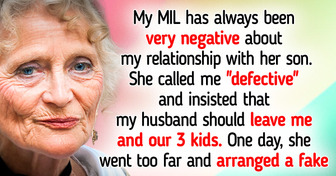omg, I had this condition too. Often I would wake up in the middle of the night and just feel that arms got numb, it was so scary
Why Your Arms Go Numb When You Sleep and How to Stop It
Most of us have experienced waking up in the middle of the night, only to realize that our arm or hand has gone numb or has “fallen asleep.” Sometimes, we also feel a prickling sensation, as if tiny “pins and needles” are piercing through our skin. The medical term for this is paresthesia, but why does this happen, and is it something that we should be concerned about?
Bright Side wants to help you get a good night’s sleep by providing information about this condition and sharing tips on how to avoid those annoying pins and needles. Read until the end to find out when numbness can be considered a serious medical symptom.
Disclaimer: Please keep in mind that this article is for informational purposes only. In order to get professional advice or a diagnosis, please see your doctor.
The National Institute of Neurological Disorders and Stroke says paresthesia can happen in various parts of the body. It occurs without warning, and it is normally triggered by sustained pressure on the nerves. Paresthesia is generally harmless when it is fleeting, but it could be a symptom of an underlying disease when experienced frequently.
Possible causes of paresthesia:
- Sleeping position
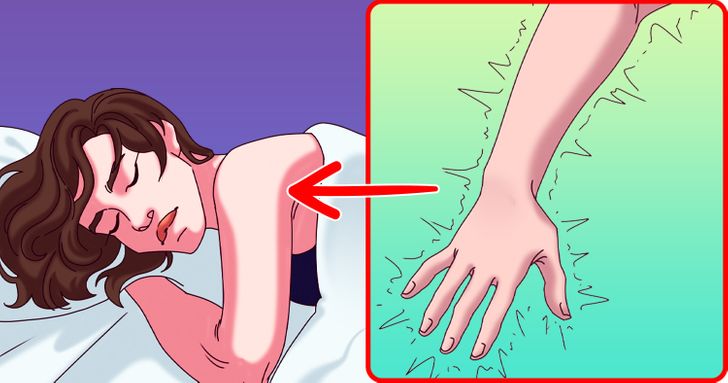
Sleeping on our stomach with our hands below our body, lying on our back with our hands under our heads, or dozing off on our side and twisting our arm are poor sleeping positions that can cause extended pressure on our nerves. These result in a disruption in the blood flow, and our nervous system reacts with a tingling feeling.
- Pinched nerve
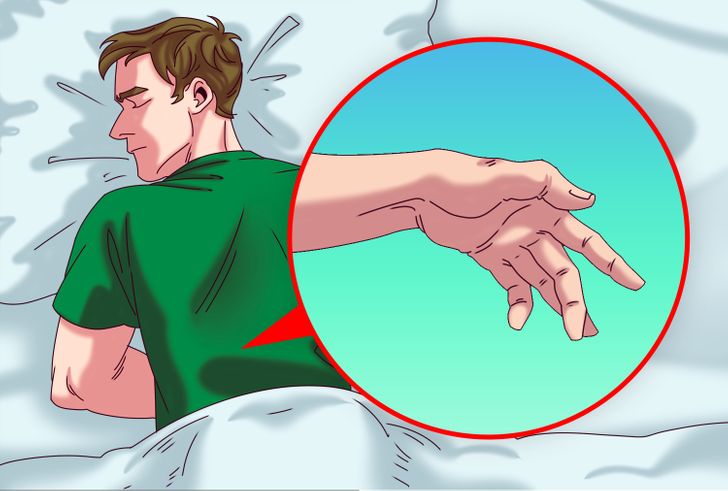
The ulnar nerve runs from the shoulder to the elbow, and it is responsible for providing sensation to our hands. Wrist pain, a weak grip, and numbness in the hand are possible symptoms of a pinched or compressed ulnar nerve. The pain usually disappears on its own, but if it lasts for more than 2 days, it is time to see a doctor.
- Stress and anxiety
When we are anxious or stressed, our body activates the fight or flight response, where stress hormones are released into targeted spots, in order to improve our ability to deal with the perceived threat. This physiological reaction involves redirecting blood flow into other body parts that are more vital for our survival. The decreased circulation in certain areas causes the feeling of pins and needles.
Stress can also cause tension in our muscles, which may result in tingling pain.
- Underlying medical conditions
Chronic paresthesia may also be a symptom of a medical condition that is affecting the body’s nervous system. If numbness is accompanied by muscle weakness or other symptoms, it is best to see your doctor or health care provider immediately.
How to avoid or minimize paresthesia:
- Wake your arm up.
Arm sensation usually returns as soon as the pressure is removed, but shaking the hand can help increase blood flow.
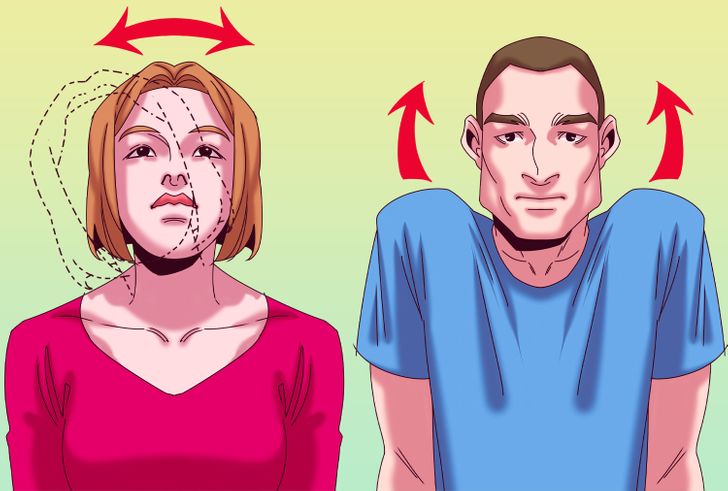
You can also stretch your arms upward, rock your head side to side, and move the shoulders up and down to release tension in the neck and loosen up the nerves.
-
Improve your sleeping position.
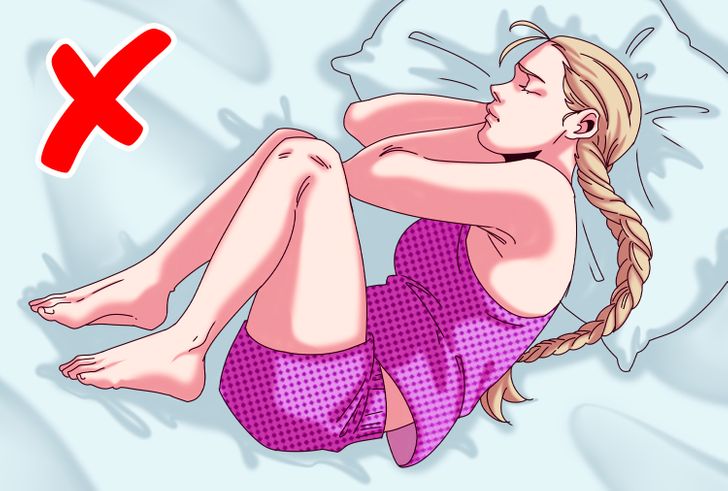
Position the arms and hands properly, and avoid folding them under the body. Try to keep the wrists straight to ensure smooth blood flow. Sleep with your arms by your sides, rather than lifted over your head, to prevent cutting off blood circulation toward the hands.
Avoid the fetal position, as bent arms and elbows can put pressure on the nerves.
- Use a wrist brace or towel while sleeping.
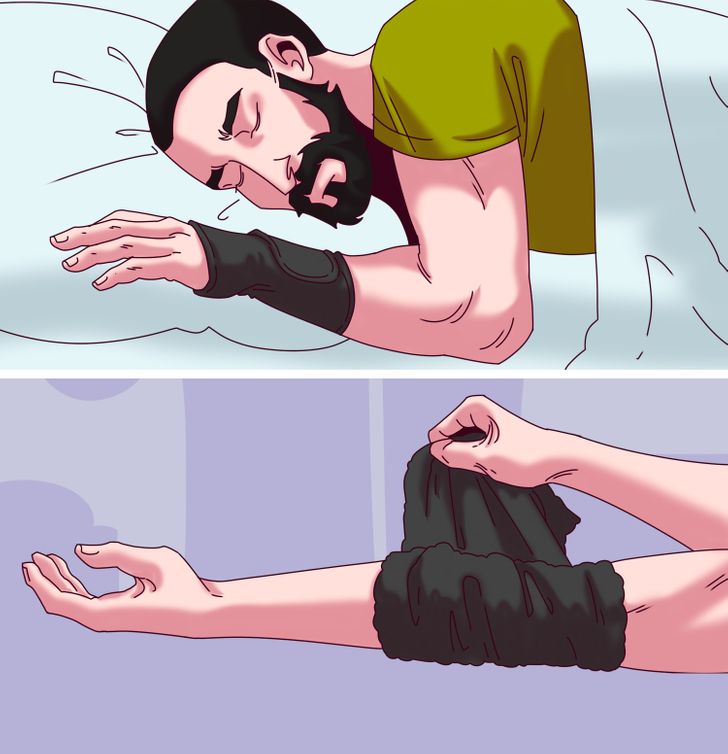
Splints or braces help keep the wrists straight, so you won’t have to worry about bending them while sleeping. You can also wrap a towel around the elbow, and secure it with a bandage, to prevent it from folding.
- Adopt a healthy lifestyle.
Regular exercise improves our overall cardiovascular health, and helps with our blood circulation. Good eating habits can also help us avoid vitamin deficiencies, and minimize nerve pain.
- Seek treatment for medical problems.
For severe or chronic symptoms, consult your doctor to confirm if the numbness or the prickly sensation is caused by an existing medical condition, and to discuss the appropriate treatment or medication.
- Look out for warning signs that require immediate attention.
Sudden numbness can also be a sign of a stroke, so if paresthesia is accompanied by dizziness, paralysis, speaking difficulties, loss of balance, and a severe headache, seek emergency help.
What other sleep-related problems have you experienced? Let us know in the comments and maybe we can write an article about them too.
Comments
has it stopped now?
actually yes, after I started going sports regularly
oh, so just getting healthier I guess
I also experience it from time to time and idk what it could be
you can try to do more exercises for your spine and arms then, it helped me
otherwise you might also want to visit a doctor
Related Reads
15 True Stories That Could Be on Netflix’s Must-Watch List
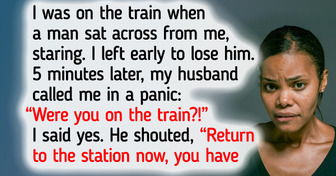
12 Stories Where One Plot Twist Changes Everything
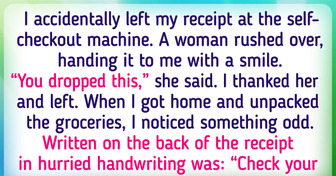
15 Inspiring Stories That Prove Everything in This Life Depends on Us

10 True Stories That Twist Reality into Chilling Tales
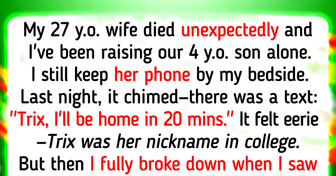
16 Real Mysteries That Put Investigative Thrillers to Shame
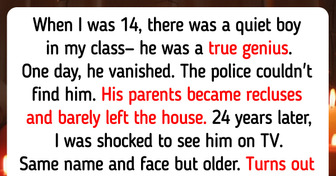
15 True Events That Are the Definition of the Word “Creepy”
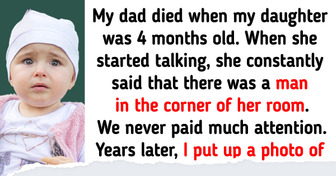
My Stepmom Abandoned Me as a Child—Now, She Wants a Favor
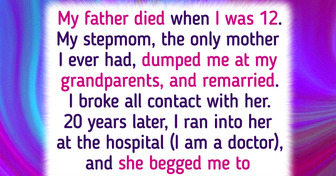
11 Stories of People Who Experienced a Glitch in the Matrix
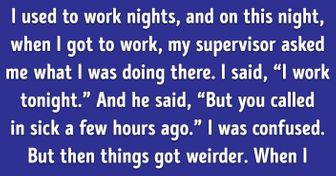
12 Family Drama Stories That Stirred Up a Storm of Emotions
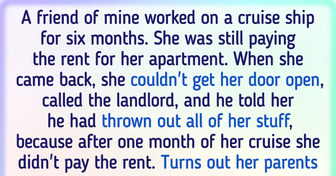
15 True Stories With Shocking Real-Life Twists
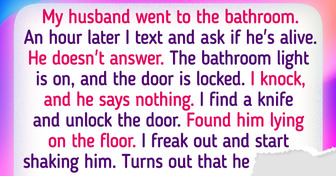
11 People Who Faced a Plot Twist Bigger Than Fiction
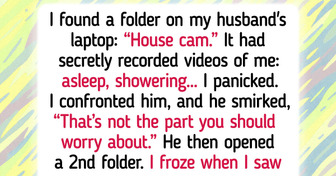
My Vicious Mother-In-Law Fell Into the Trap She Set for Me
